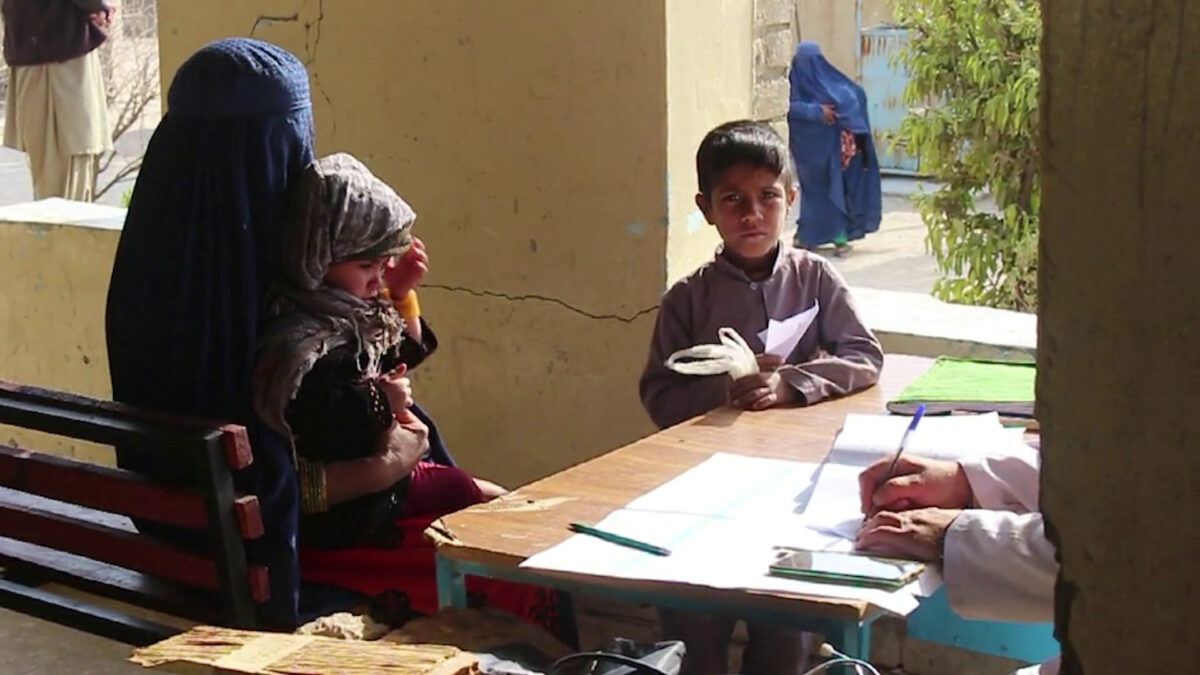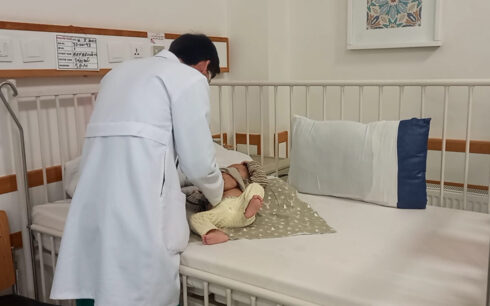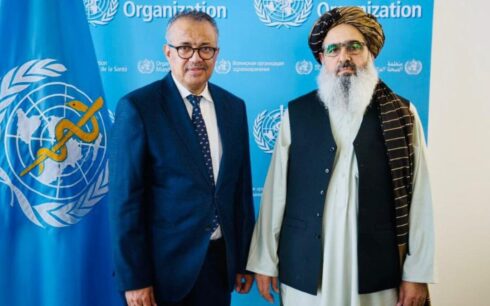Human Rights Watch (HRW) reported Monday that Afghanistan’s public health system is imperiled by significant reductions in foreign aid and the Taliban’s abuses against women and girls, jeopardizing the health rights of millions.
The 38-page report, titled “‘A Disaster for the Foreseeable Future’: Afghanistan’s Healthcare Crisis,” outlines how the Taliban takeover in August 2021 and subsequent aid reductions have devastated the country’s healthcare infrastructure. The Taliban’s policies, particularly bans on education and employment for women and girls, have compounded the crisis.
Fereshta Abbasi, Afghanistan researcher at HRW, said, “The cutback in foreign aid and Taliban rights violations have led to a catastrophic health crisis, disproportionately affecting women and girls.”
HRW interviewed Afghan and foreign aid officials, healthcare workers, and patients across 16 of Afghanistan’s 34 provinces between February 2023 and January 2024.
Ahead of the February 18 UN-organized meeting of special envoys, HRW urged governments to press the Taliban to lift restrictions on healthcare access and address structural issues affecting Afghanistan’s economy.
For two decades, Afghanistan relied heavily on international development aid for essential services, including healthcare. The withdrawal of this support, combined with minimal Taliban funding, has left the system vulnerable. Humanitarian organizations are struggling to bridge the gap amid funding cuts.
Many Afghans, especially those living in poverty, face increasing difficulties in affording healthcare due to rising costs of treatment and medicines.
The UN estimates that 23.7 million Afghans will need humanitarian aid in 2024. However, aid agencies cannot replace all essential services previously supported by donors.
A Mercy Corps official in September 2023 stated, “The humanitarian response in Afghanistan cannot keep pace with worsening conditions.”
The Taliban’s ban on women’s employment in humanitarian agencies and strict travel regulations have further hindered aid delivery and affected women’s incomes.
A Samangan doctor reported Taliban directives against treating unaccompanied female patients or those not in full hijab.
People with disabilities, a significant population due to conflict and poor healthcare, have been severely affected by the aid shortfall, with services including rehabilitation and mental health support largely disappearing.
A Kabul counselor noted, “Before the Taliban takeover, there were few mental health services. Now, most donors are gone, and the need is greater.”
Abbasi emphasized, “Afghanistan’s economic crisis requires more than humanitarian aid. Sustainable efforts are needed to prevent further decline and alleviate suffering.”




